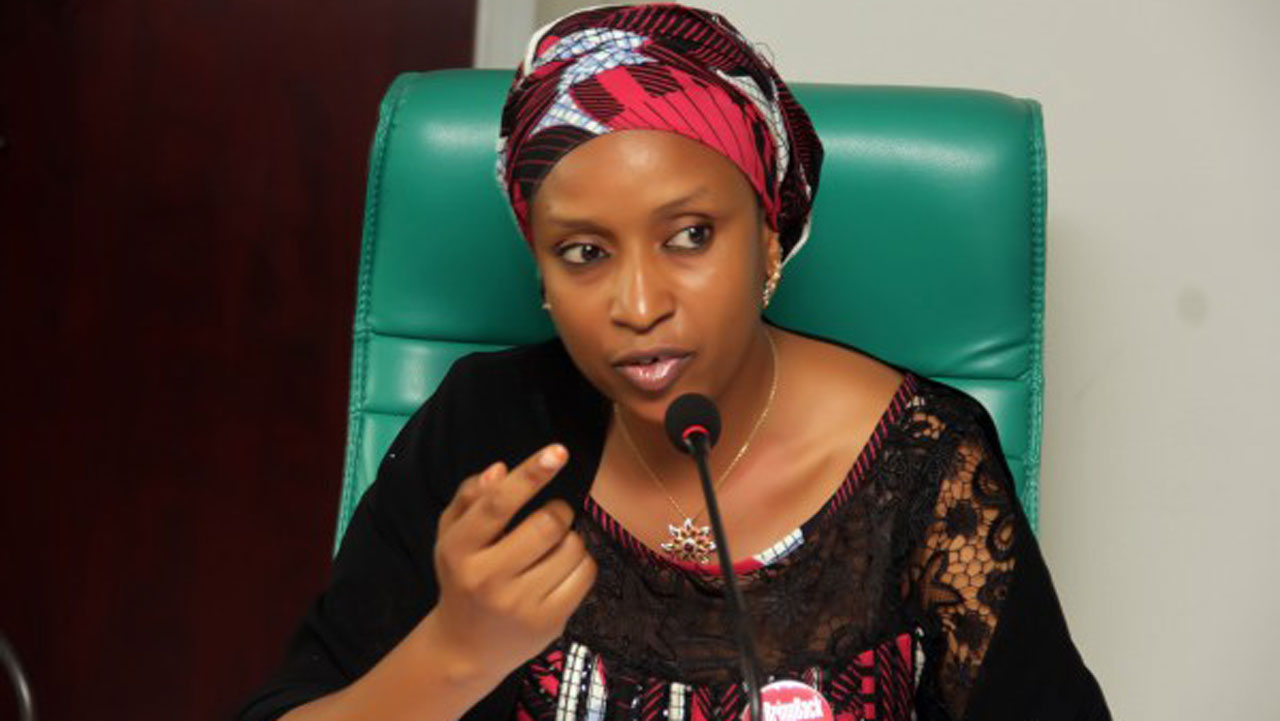Why we pruned our budget by 25% – NPA
The outbreak of the coronavirus disease has created one of the biggest economic challenges facing countries all over the world. With the outbreak of the virus, most countries have adjusted their budgets in line with the realities on ground. NPA partners Lagos government to develop Ahmed Bola Tinubu trailer park in Orile Whistleblower lied, our bank account […]

The outbreak of the coronavirus disease has created one of the biggest economic challenges facing countries all over the world.
With the outbreak of the virus, most countries have adjusted their budgets in line with the realities on ground.
- NPA partners Lagos government to develop Ahmed Bola Tinubu trailer park in Orile
- Whistleblower lied, our bank account with Unity Bank is frozen – NPA
But beyond the global health impact on nations, the increasing cases of those affected are putting pressure on the global economy. The cheery news, however, is that world leaders are working hard to contain the virus.
The impact of the spread is already visible in Nigeria. This has forced the federal government to review its annual budget.
The Minister of Finance, Budget and National Planning, Mrs Zainab Ahmed, had in March 2020 disclosed that the budget would be reduced by as much as N1.5 trillion.
Ahmed said there would be a 20 per cent cut from the capital expenditure of the 2020 budget, while recurrent expenditure would be reduced by as much as 25 per cent due to the coronavirus outbreak.
In line with the federal government’s directive, the management of the Nigerian Ports Authority (NPA) pruned down its budget by 25 per cent.
The development was said to have been sequel to a federal government’s directive to the organization to prune, by that figure, its overhead and expenditure votes to ensure that the Authority was still able to make financial contributions to the Treasury for economic development.
Daily Trust learnt that the NPA management, working by the directive, has been focused mainly on spendings that are key to their continuous operational survival.
The Head, Corporate and Strategic Communications at NPA, Jatto Adams, confirmed to Daily Trust on phone that the measure was due to the federal government’s order to all its parastatals and agencies.
Adams said, “The budget cut was in line with federal government’s directive to all government-owned enterprises and agencies to cut their approved 2020 overhead and capital expenditure budgets by a minimum of 25 per cent on the average.
“This must have been as a result of the outbreak of the Covid-19, which has posed a huge threat to the realization of the revenue projections of the government for the year 2020 budget.”
Owing to the dislocations which COVID-19 has caused to the world’s economies, particularly in their major segments, including shipping and ports operations generally, importation has witnessed a downturn, thus reducing the revenue accruing to the government from the NPA through royalties, among the other charges it collects from terminal operators, as well as what it realizes from its other marine operations.
The NPA has also been operating on human capacity under-utilization, Only personnel from grade level 15 and above and, of recent, those in level 14 from units categorized as essential services have been reporting to work in adherence to a federal government’s directive to curb the spread of the coronavirus. This development has seriously affected the Authority’s income.
Also owing to the reduction in the number of vessels coming into the country and the consequent low volume of imports, the government has likewise been witnessing a sharp reduction in revenues from the maritime sector. Revenues affected included those that would have accrued to the Treasury from Customs duty and the three per cent gross levy, and other charges that ought to have flowed in from NIMASA (Nigerian Maritime Administration and Safety Agency) operations.
The effects of COVID-19 had led to the cut in this year’s Customs revenue target, even as the government had earlier this year witnessed the crash of oil price in the international market. The price crashed to as low as $30 per barrel, resulting in the downward review of the country’s 2020 budget.
